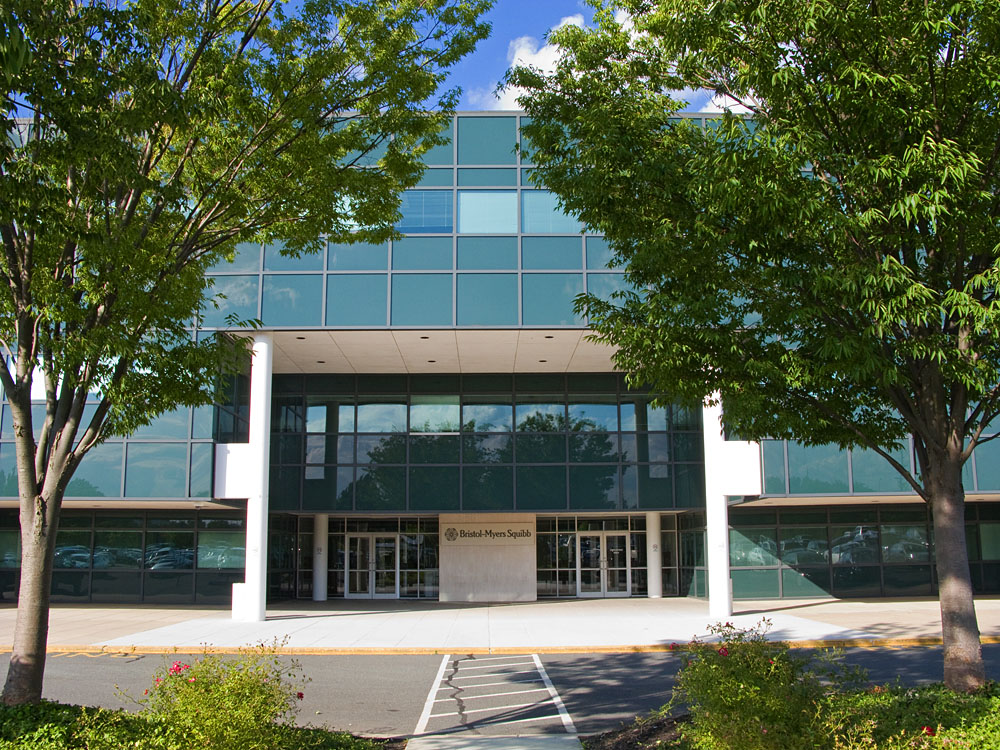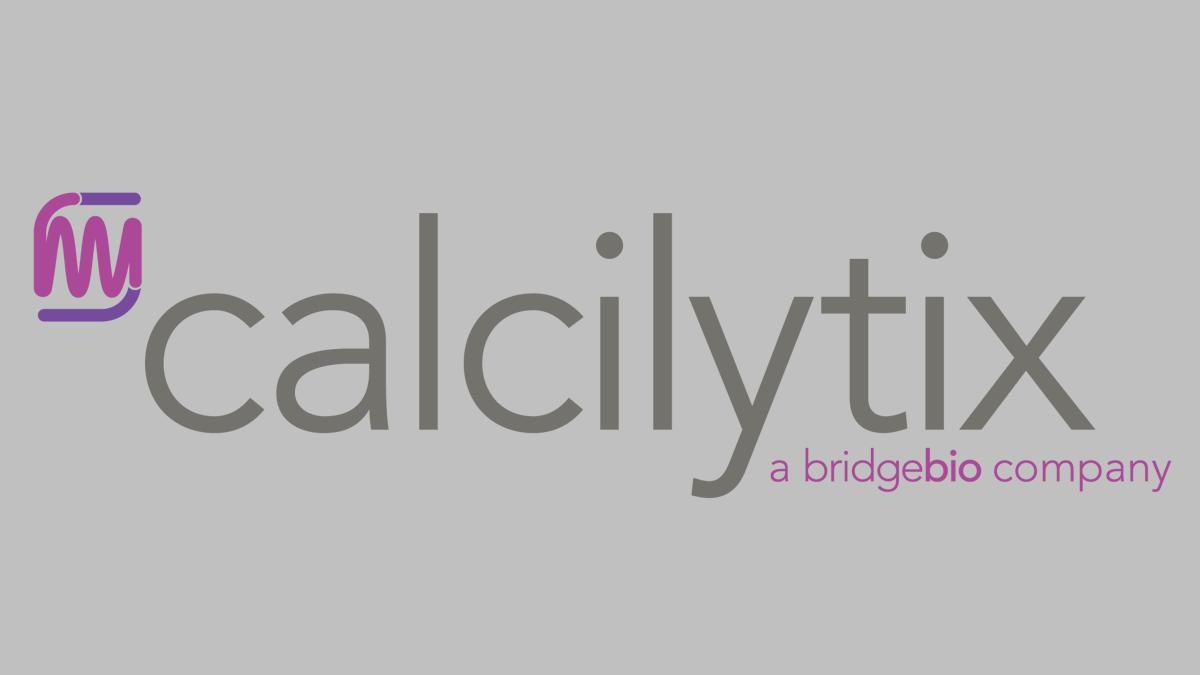BMS doubles down on BridgeBio alliance on SHP2 drugs

Bristol-Myers Squibb's flurry of dealmaking has continued with en expansion of its partnership with BridgeBio on drugs targeting SHP2, in the hope of combining them with its cancer immunotherapy Opdivo.
The deal – which is worth up to $905 million with an upfront fee of $90 million – gives BMS full control of BridgeBio's experimental SHP2 inhibitor BBP-398, which is already in a phase 1 trial alongside PD-1 inhibitor Opdivo (nivolumab) in advanced solid tumours with KRAS mutations.
The hope is that the two drugs could be combined with new KRAS inhibitor drugs from Amgen and Mirati to improve their efficacy, as well as potentially a dual therapy for other cancers.
BridgeBio and BMS first started working together on studies of the drug combination in 2021, focusing on first- and second-line treatment of KRAS-positive non-small cell lung cancer (NSCLC).
The deal marks growing interest in SHP2 as a target among cancer drug developers, inspired by the promise of targeting cancer-associated molecular pathways upstream of other targets like RAS/ERK MAPK, which drive cellular proliferation and survival.
According to BridgeBio and other SHP2 developers like Revolution Medicines, Jacobio, Erasca, Redx Pharma and Relay Therapeutics, the phosphatase enzyme – once considered "undruggable" – is over-expressed in a number of different solid tumour types.
The potential of the class has led to a string of licensing deals between big pharma companies and biotechs, of which BMS/BridgeBio is the latest.
Earlier partnerships have involved AstraZeneca and Revolution Medicines, Merck & Co and Taiho/Astex, Roche's Genentech unit and Relay Therapeutics and AbbVie and Jacobio.
Meanwhile, Novartis seems to be leading the pack with TNO155, which has advanced to phase 2 testing as a monotherapy and is also in combination studies with Mirati's KRAS drug adagrasib.
"We have seen the potential role SHP2 inhibition could play in unlocking possible combination therapies to treat patients suffering from a range of cancers," said Rupert Vessey, head of research and early development at BMS.
"We are hopeful this collaboration with BridgeBio will help us maximise the possibilities SHP2 inhibition with BBP-398 will hold for patients."
Under the terms of the new alliance, BridgeBio will continue to lead its three current phase 1 monotherapy and the combination therapy trials, while future studies will be performed and funded by BMS.
It is the third pipeline-boosting for BMS in the space of two weeks, coming after two alliances in the protein degradation category with Amphista and Evotec.












